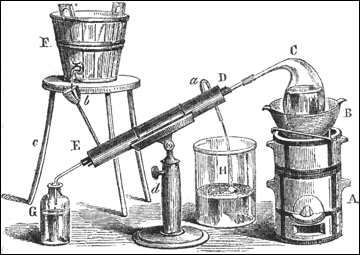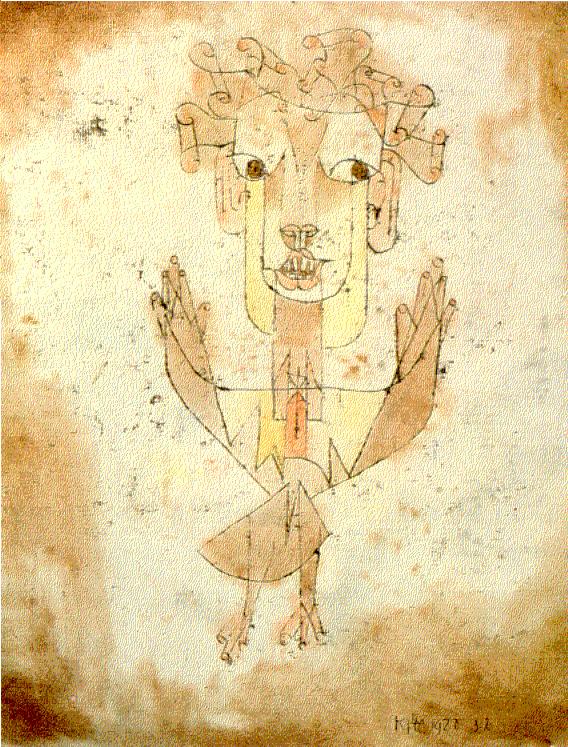The other night I dreamed I had a threesome with Princess Kitty Shtcherbatsky and Varenka. Yes, I was reading Anna Karenina before bed. I'm reading Anna Karenina in bed and on the subway and while I eat; I am up to my ears in Kareniniana. My New Years resolution, you see, is to read and read and read — the classics, the greats, the hard stuff in every sense — until I can convincingly pass as a college graduate.
"Are you doing this for a boy?" was the reaction of one of my shrewder friends.
I stalled. "Well—"
And this friend, whose Bulgarian origins lend a delightfully cynical Old World wisdom to her girl talk, was frank: "Don't worry about it. I know his type, and he doesn't care how smart you are; he just loves to hear himself talk."
But then she added, "Read Anna Karenina first."
And so I am. But I'm not doing it for a boy — not, at least, for any particular boy. I'm doing it because, as a newly single college dropout, I'm dating my way up through the academic world I abandoned two years ago. Talk about killing two birds with one stone! I go out with teaching fellows, doctoral candidates, professors adjunct and assistant alike (none tenured yet, though that would be the Holy Grail), and I study their respective subjects until I can hold my own in conversation with them. Erotically and educationally, I'm making up for lost time — I'm à la recherche de temps perdu, I might say to a scholar of French literature, hoping he'll be too impressed with the allusion to notice how strained it really is.
Some might accuse me of overcompensating. Objection noted. But they surely can't deny that remedial self-education through dating is vastly cheaper than actually going to college — and a lot more fun, too.
I've never felt much shame about being a dropout, and yet something was always missing, or at least amiss. My ex was (shall we say) not much of a reader; after four years with him, it was a shock to be picked up by my first academic, who had been enrolled in various institutions of higher education since the Clinton administration.
"I'm a perpetual student," he told me.
"But then, in a larger sense, aren't we all?" I blurted out — afraid he'd think I was dumb for dropping out, and recalling my dad's advice that "But then, in a larger sense, aren't we all?" is a foolproof smart-sounding answer to just about anything.
"How deep," this fellow deadpanned, and I made a mental note to thank my dad. "Had we but world enough, and time—"
What followed was unprintable, and yet it was the printable part that shocked me into reevaluating my entire life. The good news: I got the reference. The bad news: I got the reference only because my English class had studied "To His Coy Mistress" in the eighth grade. It was sheer luck that I remembered it now — but what would I do about the next reference, and the one after that? Was I really relying on my middle school education to sustain my flirtatious banter with the academic élite?
Frankie, I told myself sternly, you've been coasting.
Hence Anna Karenina. Hence the Merriam-Webster website newly bookmarked on my browser toolbar; hence the sprinkling of delicious new words like apricity, sui generis, frangible, uxorious, brinksmanship, omertà, and viz. into my correspondence. Drop one of those suckers into a first-date conversation with an educator, and even if you're the kind of girl who combs her hair with her fingers and blows her nose into her cocktail napkin, I guarantee you won't go home alone. Take it from me, girls! (Seriously, though, always carry a handkerchief in the winter.) At my best, I can be as charming and glamorous and breezily brainy as the situation requires — "Surely Slavoj Zizek is more relevant here as an interpreter of Lacan than as a philosopher in his own right," I'll say, or "Ah, but the work of Wittgenstein can just as easily be used to argue in favor of language across the species barrier!" — and I go to bed brilliant.
By the light of day, however, I'm not so bright. Every morning, like Cinderella transformed back into a maid, I find myself once again a 22-year-old film school dropout — one who's terrified to call her landlord on the phone, who got goat cheese smeared all over her best shirt while making scrambled eggs at three in the morning, whose boyfriend left her after she used the bathroom sponge on the kitchen counter and who always chokes up at that freakishly earnest holiday ad for Coke and Wal-Mart. I live on the highest hilltop in Brooklyn, and I tell people that on a clear day I can see forever; but the truth is that even on the clearest of days I can't see past New Jersey.
No spoilers, please: I secretly don't know quite how Anna Karenina will end. I secretly don't know quite what I'm doing at all. As much fun as I'm having, I'm secretly playing a part, wildly out of my depth, struggling to pass as an adult.
But then, in a larger sense, aren't we all?



